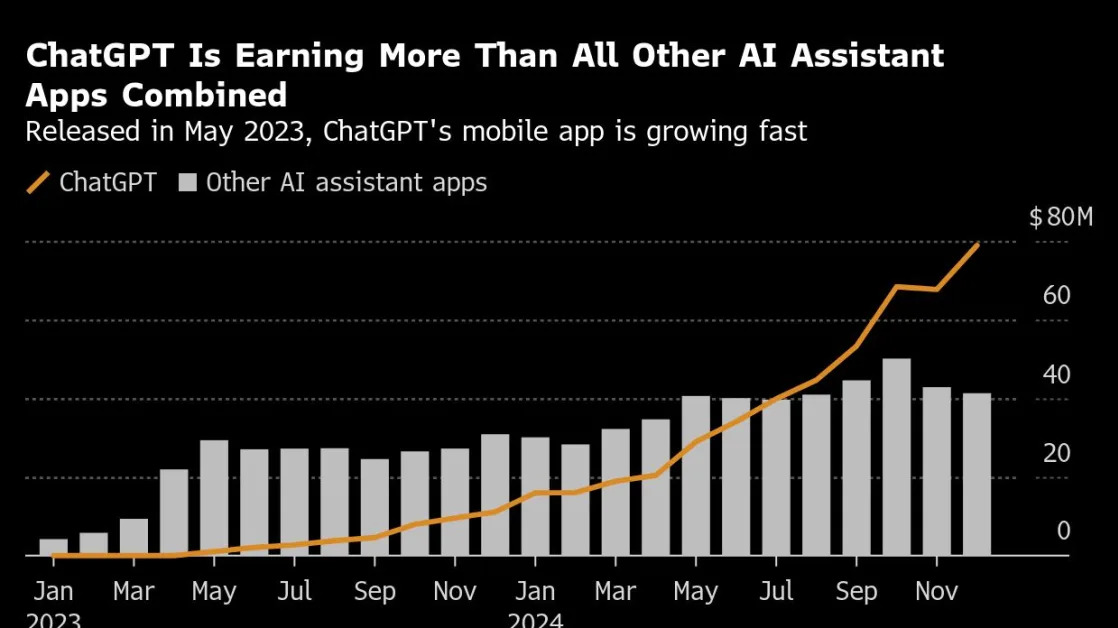Bitcoin {{BTC}} remained on the defensive while the Japanese yen (JPY) strengthened in the foreign exchange market after the Bank of Japan (BoJ) raised its interest rate and announced other measures to tighten liquidity.
In an aggressive hawkish move , the central bank lifted its unsecured overnight call rate target to around 0.25% from the previous 0%-0.1% range. It also said it would cut liquidity-boosting bond purchases to roughly 3 trillion yen ($20 billion) a month by the first quarter of 2026. As of March, the bank was buying about 6 trillion yen of bonds a month, .
Bitcoin held steady near $66,000, nursing a weekly loss of 2% on expectations for renewed rate cuts from the U.S. Federal Reserve. That spurred demand for the "anti-risk" yen, sending the USD/JPY rate down to nearly 150, the strongest for yen since March, according to data source TradingView. Futures tied to the S&P 500 rose 0.4%, signaling a positive open on Wednesday.
Traders use the low-yielding Japanese yen to invest or fund investments in high-return assets. As such, a notable rally in the yen tends to strain the so-called carry trades and forces investors to reduce exposure to riskier assets, including cryptocurrencies.
"The yen’s popularity as a funding currency can cause knock-on effects in other markets, helping tighten global financial conditions," BlackRock said in its weekly note. "The yen’s resulting surge caused investors to unwind positions using the low-yielding yen to buy higher-yielding currencies – what’s known as the carry trade."
The yen has rallied nearly 6.4% against the dollar this month, the highest gain since November 2022. That might partly explain the recent risk aversion in technology stocks and bitcoin's repeated bullish exhaustion near $70,000.
The yen could gain further ground, adding to risk aversion if the Fed sends out a strong dovish signal later Wednesday, setting the stage for rapid-fire rate cuts.





